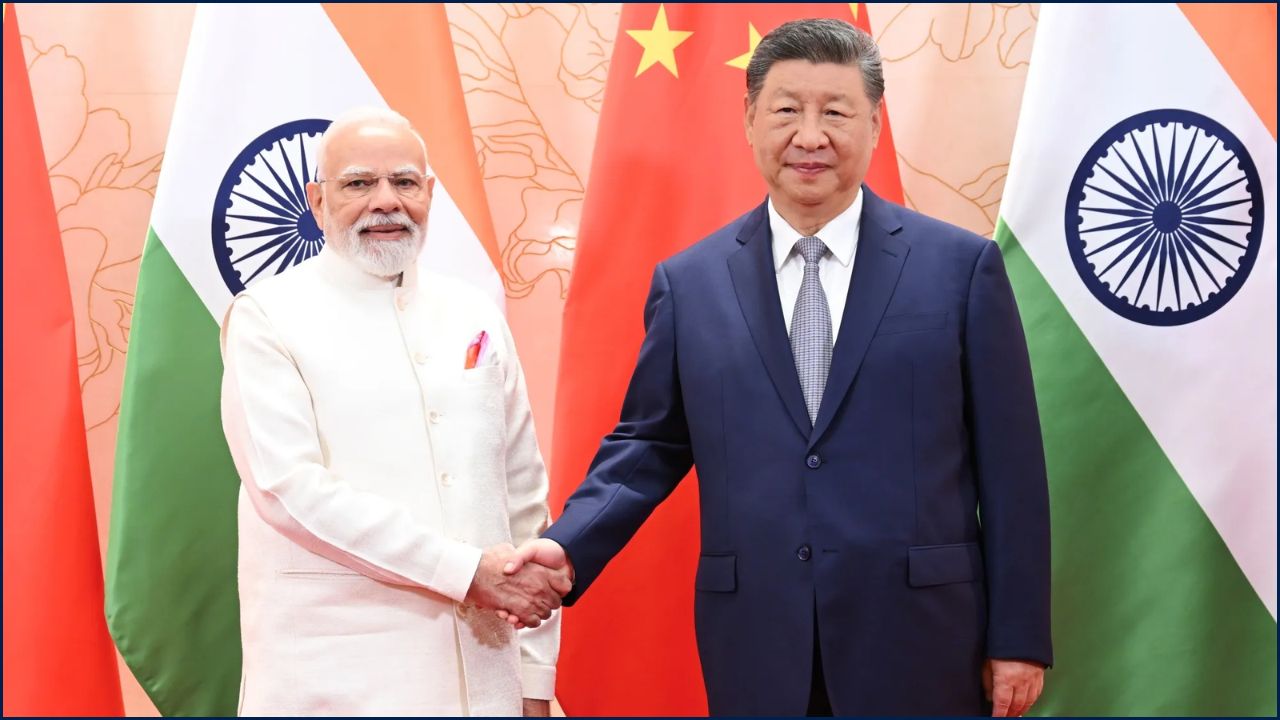
A business proposal circulating in India claims that an investment of ₹2.5 lakh can generate a steady monthly income of ₹50,000, potentially turning individuals into entrepreneurs. This Business Idea raises important questions about feasibility, risks, and realistic expectations.
Understanding the Claim
The core pitch of this Business Idea is straightforward: invest a modest sum and achieve high monthly earnings. At its face value, this translates to an annualised return of nearly 240 percent, far exceeding conventional benchmarks.
Traditional investments, including mutual funds, government bonds, or fixed deposits, typically yield between 5 and 12 percent per year, according to data from the Reserve Bank of India. Such a wide gap between market norms and promised returns has prompted both interest and concern among financial experts.
Why the Idea Attracts Attention
The Promise of Low-Cost Entrepreneurship
India’s growing middle class and youth demographic often seek opportunities to enter business with minimal capital. A scheme claiming that ₹2.5 lakh can lead to sustainable monthly earnings taps into widespread aspirations for financial independence and entrepreneurship.
Social Media Amplification
The idea gained traction through online forums and promotional content, which frequently highlight success stories but rarely mention risks. According to a 2024 study by the Internet and Mobile Association of India, small-business investment content is among the most shared topics on platforms such as YouTube and Instagram.
Expert Opinions
High Returns, High Risk
“Any plan offering such extraordinary returns within months should be treated with extreme caution,” said Dr. Suresh Kumar, professor of finance at the Indian Institute of Management Bangalore. “While entrepreneurship can indeed multiply wealth, guarantees of 20 percent monthly gains are unrealistic.”
Viable Alternatives
Experts instead point to legitimate small-scale ventures such as digital marketing services, cloud kitchens, or online tutoring. These sectors require relatively low entry costs and, while not guaranteed, can potentially deliver sustainable income growth with effort and scalability.
Comparing with Realistic Business Models
Food-Based Ventures
Small food stalls, tiffin services, or cloud kitchens can be started with under ₹3 lakh, according to reports from the Federation of Indian Chambers of Commerce and Industry (FICCI). Profit margins, however, depend heavily on location, customer demand, and operational efficiency.
Digital Services
Fields like freelance design, e-commerce, and digital consultancy allow entrepreneurs to scale gradually. Industry data from NASSCOM shows that India’s digital services sector grew by over 10 percent annually in recent years, presenting viable opportunities for skilled individuals.
Potential Risks of the ₹2.5 Lakh Model
Financial advisers warn that many schemes promising high monthly payouts may fall into the category of multi-level marketing or pyramid structures, which often collapse once recruitment slows. The Ministry of Consumer Affairs has repeatedly cautioned citizens about offers that sound “too good to be true.”
Additionally, lack of regulatory oversight leaves participants vulnerable to fraud. The Securities and Exchange Board of India (SEBI) maintains a list of authorised collective investment schemes, but many high-return pitches remain unregistered.
Global Context
Similar schemes promising rapid returns on low investment have appeared worldwide, often leading to losses. The United States Federal Trade Commission, for example, has warned against “get rich quick” business models, citing their tendency to mislead investors.
By contrast, sustainable small business ecosystems typically grow over months or years, not weeks. Successful entrepreneurs often reinvest profits and scale gradually, underscoring the importance of patience and realistic planning.
Mutual Fund Investors Alert: Tax Rules That Can Make or Break Your Returns
Conclusion
The claim that an investment of ₹2.5 lakh can reliably generate ₹50,000 monthly income remains unverified and implausible by established financial standards. While India offers genuine opportunities for small-scale entrepreneurship, experts advise citizens to approach such high-return promises with caution and to prioritise ventures backed by transparent business models and market demand.
















